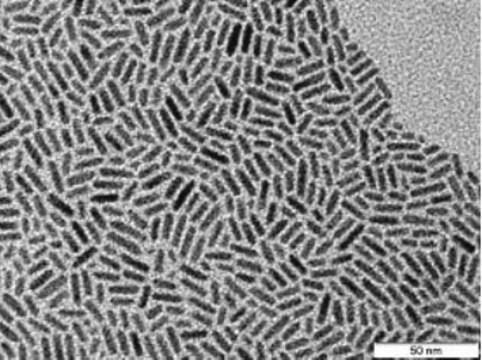244600
Cadmium selenide
-325 Mesh particle size, 99.99% trace metals basis, electronic grade
About This Item
Recommended Products
grade
electronic grade
Quality Level
Assay
99.99% trace metals basis
form
powder
density
5.81 g/mL at 25 °C (lit.)
SMILES string
[Se]=[Cd]
InChI
1S/Cd.Se
InChI key
AQCDIIAORKRFCD-UHFFFAOYSA-N
Looking for similar products? Visit Product Comparison Guide
Related Categories
General description
Application
Packaging
Signal Word
Danger
Hazard Statements
Precautionary Statements
Hazard Classifications
Acute Tox. 3 Inhalation - Acute Tox. 3 Oral - Acute Tox. 4 Dermal - Aquatic Acute 1 - Aquatic Chronic 1 - STOT RE 2 Oral
Storage Class Code
6.1C - Combustible, acute toxic Cat.3 / toxic compounds or compounds which causing chronic effects
WGK
WGK 3
Flash Point(F)
Not applicable
Flash Point(C)
Not applicable
Personal Protective Equipment
Certificates of Analysis (COA)
Search for Certificates of Analysis (COA) by entering the products Lot/Batch Number. Lot and Batch Numbers can be found on a product’s label following the words ‘Lot’ or ‘Batch’.
Already Own This Product?
Find documentation for the products that you have recently purchased in the Document Library.
Articles
Self-Assembled Nanodielectrics (SANDs) for Unconventional Electronics
Our team of scientists has experience in all areas of research including Life Science, Material Science, Chemical Synthesis, Chromatography, Analytical and many others.
Contact Technical Service








